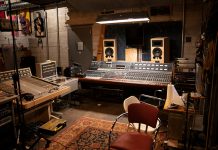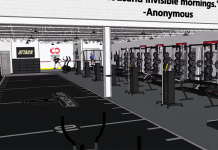It’s difficult to get accurate information about what job applicants bring to the table. “Professional interviewees” are exceptionally difficult to figure out. They seem to have all the right answers and are often very impressive candidates. The key to successful interviewing is to get the prospective employee to demonstrate desirable characteristics during the interview. Here are 5 Cool Ideas for better interview techniques.
1. Nonverbal responses say a lot.
Observe what candidates do as well as what they say. Neuro-linguistic programming (NLP) is the study of nonverbal communication. NLP, also known as body language, tells you everything you need to know about what someone is thinking. In my booklet, Hmmm…Little Ideas With BIG Results, I pose the question, “Do you believe what people do or what they say?” More information at www.MichaelAngeloCaruso.com.
2. Get them to demonstrate what you desire.
Ask job candidates if they are fun, most will say, “Yes.” This doesn’t mean they are. An East Coast transportation company drops a box of Legos in front of interviewees and watches their eyes. If candidates make a face, they’re no fun. If they immediately smile and begin to build a model with moving parts and waterfalls, they are probably fun.
3. Unusual questions elicit honest answers.
Ask the candidate to name a favorite restaurant. Then ask him or her to direct you to the restaurant. You will quickly discover whether the person can give direction.
4. Creative techniques will garner new info.
The key to successful interviewing is to find creative ways for the prospect to demo desirable characteristics during the interview. If the job requires that the employee come to work on time, hold four short interviews instead of two long sessions. If the person can’t tell you how to get to the restaurant from your office, he or she may offer to get back with you. If so, ask the candidate to call you the following day at 1:22 p.m. You will quickly find out if the person can take direction.
5. New info helps you make better decisions.
At the conclusion of the interview, thank the job candidate, and if appropriate, suggest that the two of you go to lunch. Ask the candidate to drive. Observe nonverbal signals and immediately learn the answer to a question you cannot legally ask. In the United States, it is illegal to ask the interviewee if he or she owns a car. Obtaining useful information during the interview will help you hire “smarter.” Be sure to check with a Human Resources representative before straying too far from company protocol.












